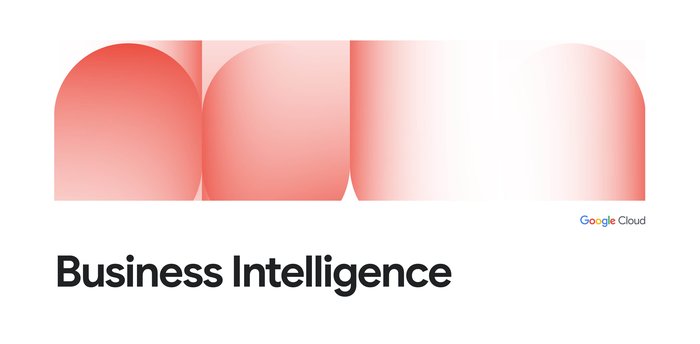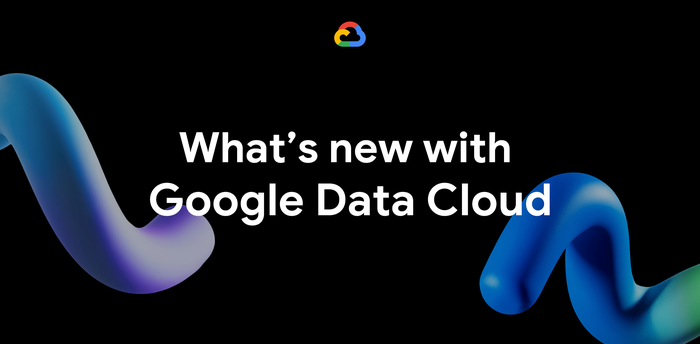How data can drive stronger safeguarding initiatives in the energy and utilities sector
Neil Osborne
Chief Energy Evangelist, Google Cloud UK
In the UK there is a requirement for certain utility businesses to maintain a Priority Services Register (PSR) — a free support service to provide extra help to customers who need it or have particular personal circumstances which mean they may be harmed in case of an interruption to their utilities service.
We started looking into PSRs and other safeguarding initiatives. Information is often siloed in different organisations, which makes it difficult to access the data needed to provide critical support. Recent research indicates fewer than 20% of UK adults are aware of the PSR, which can mean records are incomplete, limiting both the delivery of the service and how well it is delivered.
A potential approach to serving the more vulnerable while addressing security and data privacy challenges uses a publish subscribe model (illustrated in the diagram below). People who own information (publishers) put it into the exchange for other people (subscribers) to access. In many cases organizations will be both. Organizations contribute their part of the jigsaw puzzle to help build a more comprehensive picture for all. Participants retain control of the information they publish.
Data is published on an exchange, which authorized subscribers can access, with privacy and security controls built in. Subscribers can then overlay their own data and perform analytics.
The private exchange model makes it possible to restrict access to the system, which in turn allows participants to share controlled elements of a PSR. We are doing this in trials underway with a few organizations, including the Citizens Advice Greater Manchester.


Using an exchange hub, different organizations can publish their PSR information. Data that was previously only accessible by each then becomes available to everyone on the exchange to use for the benefit of all. This can give subscribers a bigger and more comprehensive view, with controls being constantly applied to help ensure that Personal Identifiable Information is being managed appropriately.
Putting this into practice means, for example, you can display your PSR on a map. You can then gather and add additional information from electricity, gas, water utilities, emergency services, local authorities, and charities. The image below provides an example of PSR data being combined with Office for National Statistics data on average income to help better identify areas of potential fuel poverty.


It is then possible to go a step further by applying predictive analytics techniques. For example, what if inflation were to increase to 10%? The system would show you what that could look like and places where fuel poverty is likely to increase. There are many data sets available which can deliver incredible value when applied in this way. Another example might be to identify those in an area living in poorly insulated homes or on floodplains.
The technology offers a wealth of unexplored opportunities to make life better for people who need extra support.
Contact us to discover how you can embark on a journey towards a safer, and more inclusive future.



